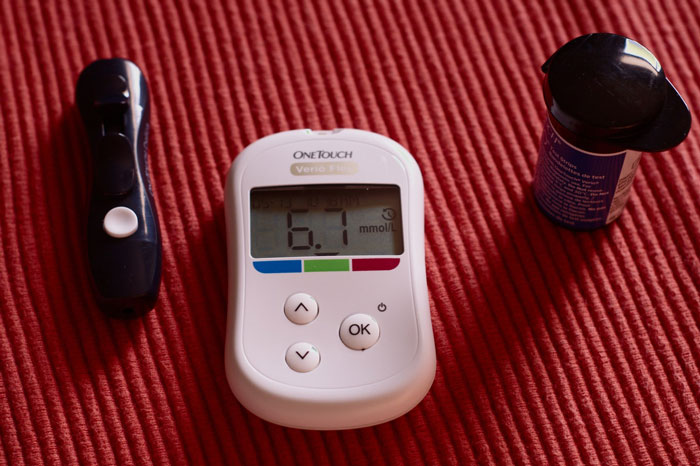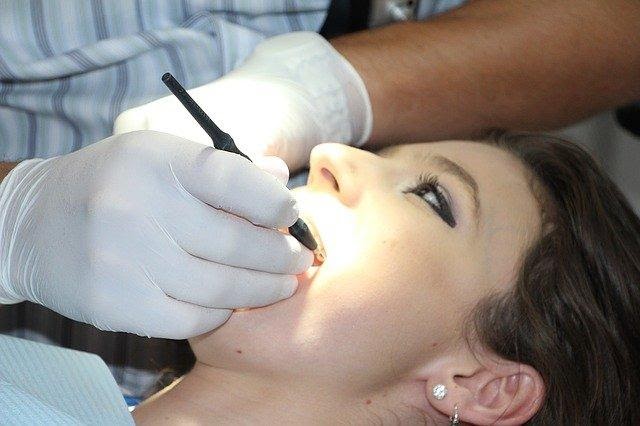Regular consumption of sweetened carbonated drinks (including diet ones) has a huge impact on the body, accelerating the aging process, slowing down metabolism and negatively affecting the condition of other organs. We offer to look into all the risks and understand why soda is one of the most dangerous products.

There are 11 reasons why you should choose something more natural than soda. Some of them may not seem the most obvious, so hurry up to share the information with family and friends.
Increased aggression and depression
A 2020 study of 5,147 children aged 11, 13 and 16 found a link between soda consumption and aggression. Its authors concluded that more frequent consumption of sugary soft drinks was associated with more aggressive behavior, violence, and also with depressive symptoms.
It’s unclear why this happens, but the answer may be that these drinks are highly processed and contain many ingredients that can be problematic, including aspartame, which has been linked to irritability, and sodium benzoate, which has been linked to ADHD symptoms. Caffeine is also considered a source of behavioral problems and is found in many beverages.
Accelerated aging
The phosphates used in sodas, as well as many other processed foods, have been found to speed up the aging process. Not only is this bad in terms of potential wrinkling or sagging skin, but also health complications that come with age, such as chronic kidney disease and cardiovascular calcification. Information about other diseases sounds even more frightening.
Increased risk of cancer

Many studies have examined the relationship between carbonated drink consumption and different types of cancer. In 2019, a five-year-long British Medical Journal study of 101,257 subjects over 18 found that consuming sugary drinks was indeed associated with the risk of cancer in general and breast cancer in particular.
The researchers concluded that drinking an extra 100 ml of sweetened drinks daily, which equates to about two cans per week, can increase cancer risk by 18%.
Cardiovascular diseases
American scientists also investigate the link between high-sugar drinks and cardiovascular disease mortality. In 2019, researchers concluded that people who drank more than two servings of a high-calorie drink a day had a 31% higher risk of dying from heart problems.
The amount of soda consumed was also found to play a role: each additional serving of sugary drinks consumed daily was associated with a 10% increase in the risk of dying from cardiovascular diseases.
Increased risk of developing diabetes

Drinks with sugar have been shown to increase the chance of developing type 2 diabetes. In 2009, the American Diabetes Association reported that drinking one or more sugary sodas a day, compared to no consumption at all, increased the risk of diabetes by 67%.
This figure is really capable of making you give up soda. Daily consumption of sweetened carbonated drinks led to a 36% increase in the relative risk of metabolic syndrome.
A combination of diabetes, high blood pressure, and obesity raises the risk of coronary heart disease, stroke, and other conditions affecting blood vessels.
Excess weight
This may seem obvious, but many people don’t realize that diet soft drinks can make a big difference in your figure, especially around your waistline.
A 10-year-long study of 749 adults conducted in 2015 found that “waist circumference gains” in people who consumed diet soda daily were almost four times higher than in those who excluded sugary drinks.
The researchers found that there was “a striking dose-response relationship, and an increase in diet soda intake was associated with an escalation in abdominal obesity.
Risk of preterm birth in pregnant women
Pregnant women are especially warned against drinking diet sodas. A 2010 study of 60,000 women in Denmark found that those who drank artificially sweetened soft drinks, both carbonated and non-carbonated, were more likely to give birth prematurely.
Women who drank at least one soda per day during pregnancy were 38% more likely to have a premature birth than those who didn’t drink sugar-sweetened beverages at all. The chemicals in the artificial sweetener are thought to have affected their uterine health.
Risk of early puberty

A 2015 Harvard Medical School study of 5,583 girls aged 9 to 14 found that those who drank just one and a half cans of soft drink a day had their first period earlier than those who didn’t.
On average, the difference was 2.7 months, and it may not seem like much, but experts say that women who get their periods earlier are at higher risk of future health complications.
Increased risk of Alzheimer’s disease
In 2020, American scientists found that higher consumption of sweetened beverages was associated with an increased risk of all forms of dementia, Alzheimer’s disease and stroke.
The Framingham Heart Study, which spanned for more than 20 years, found that those who drank between one and seven servings of sweetened beverages per week were almost twice as likely to develop Alzheimer’s disease as those who did not.
Damage and abrasion of teeth

Sugary drinks can damage your teeth, so curbing your soda cravings can be the key to maintaining a snow-white smile. It is better to choose unsweetened tea or water. Soda drinks, whether they contain sugar or not, inevitably contain acid. They can damage teeth and lead to increased caries and dental erosion.
If you take risks and still drink soda drinks, try not to brush your teeth immediately afterwards, as the acid softens the structure of your teeth, making them more vulnerable to abrasion.
Increased risk of liver damage
Researchers have proven that just two cans of sugary drinks a day can contribute to developing non-alcoholic fatty liver disease. A healthy liver should be devoid of fat, but experts estimate that a small amount of fat occurs in one in three patients in the UK, and in many countries, there is a similar pattern.










